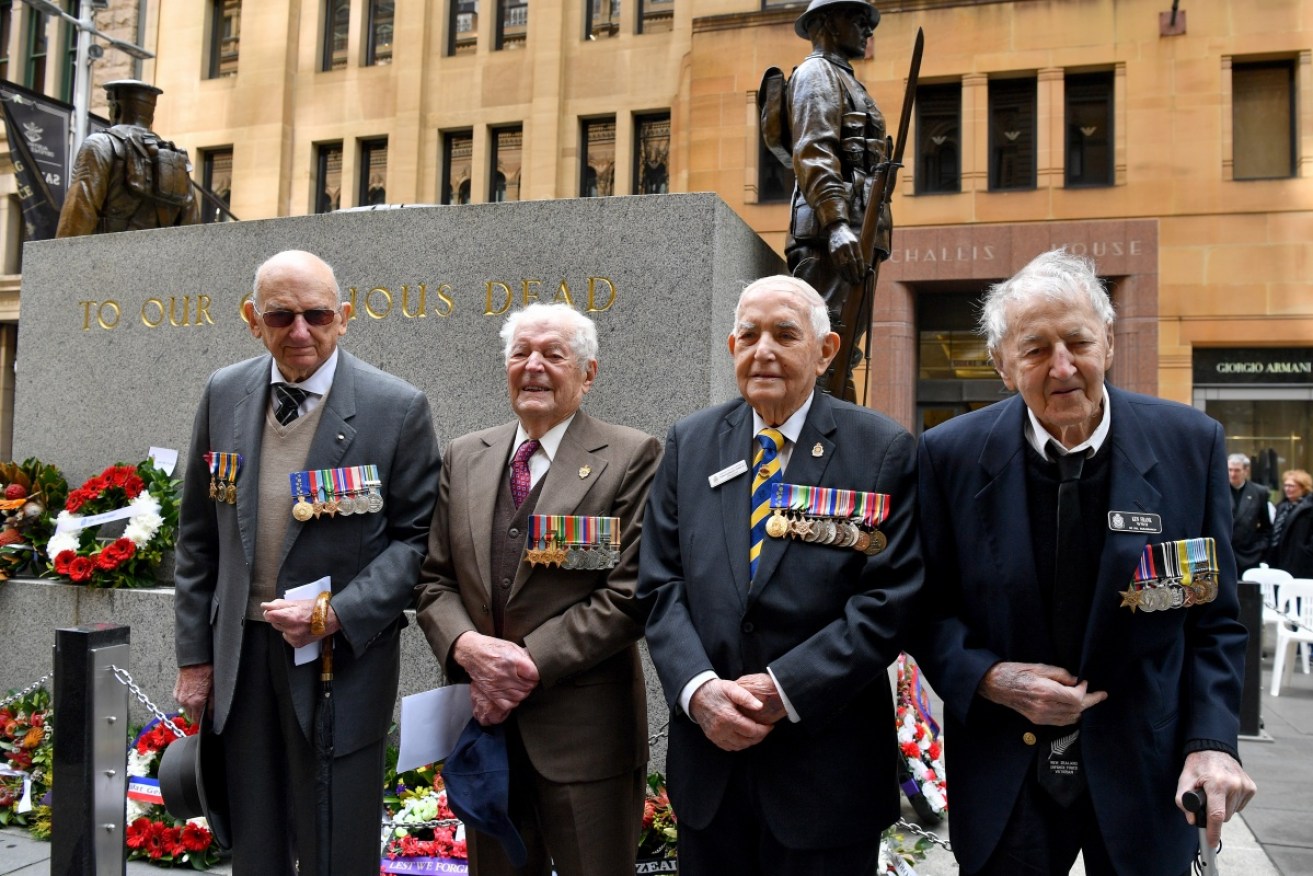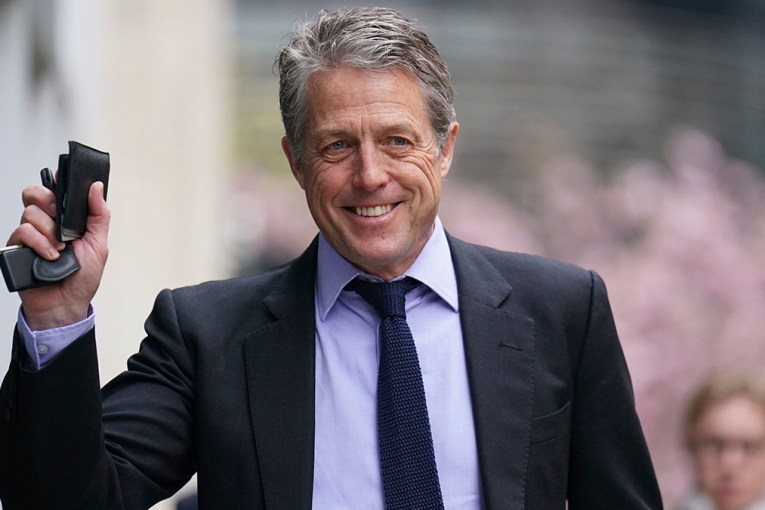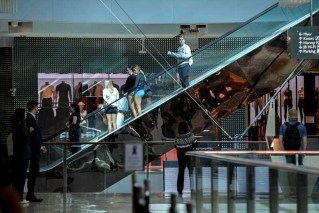Nation remembers WWII ‘atrocity’ on Victory in the Pacific Day

War vets Aubrey Knowles, Dennis Davis, Don Kennedy and Ken Frank remembered victory in the Pacific. Photo: AAP
Federal Veterans’ Affairs Minister Matt Keogh has paid tribute to the spirit of mateship at the site of what he called the ‘‘single greatest atrocity’’ committed against Australians in World War II.
Monday marks Victory in the Pacific Day, commemorating the 77th anniversary of Japan’s Emperor Hirohito announcing his country would accept the Allies’ ultimatum it surrender unconditionally.
Mr Keogh commemorated the day at Sandakan in Borneo, Malaysia where Japanese death marches claimed more than 2000 Allied lives during the conflict.
He described the story of soldiers held captive by the Japanese as one of ‘‘enormous sacrifice, courage, endurance, and ultimately one of suffering and loss’’.
‘‘Across the lands at the end of 1941 and the early part of 1942, those Allied servicemen and women, and many civilians, who went into captivity could not imagine what fate held in store,’’ he said, according to a copy of the speech.
‘‘We are here today to commemorate and remember the single greatest atrocity committed against Australians in war.
‘‘But through this atrocity there is friendship; mateship. It’s only through that mateship that we saw any survivors of this atrocity.’’
In 1942, more than 2700 British and Australian POWs were moved from Singapore to Sandakan to build an airstrip.
By late 1944, fearing an Allied invasion, Japanese troops marched the prisoners 250 kilometres west to Ranau, executing those who could not keep up.
Just six men, all of them Australian, managed to survive the ordeal.
‘‘The end of the Second World War is increasingly remote to us now, well into the 21st century. In places like Sandakan we are reminded of how great was the conflict’s reach,’’ Mr Keogh said.
Japan’s surrender in 1945, nine days after the US bomber Enola Gay dropped an atomic bomb on the city of Hiroshima, prompted spontaneous public celebrations around Australia.
The country paid a high price for its involvement in WWII, with some 30,000 Australian soldiers taken prisoner and 39,000 dying on the battlefield.
This included 17,000 who fought the Japanese in places such as Malaya, the Netherlands East Indies – now known as Indonesia — and Borneo.
Many more Australians also became prisoners of war when Singapore fell to the Japanese in February of 1942.
In Sydney, commemorations were held at the Martin Place Cenotaph, where RSL NSW president Ray James said the day was a reminder of how close Australia came to being invaded.
‘‘But for the service and sacrifice of the men and women who served in our armed forces, and those of the Allied Forces, the Australian people would not have been protected from the battles of WWII reaching our shores,’’ Mr James told AAP in a statement.
The event included the laying of wreaths by delegates of the RSL, Legacy, war widow groups and Japan’s consulate.
Australian WWII veterans Aubrey Knowles, Dennis Davis, Don Kennedy and Ken Frank attended the ceremony.
Fewer than 3000 Australians who served during WWII are believed to still be alive.
-AAP








